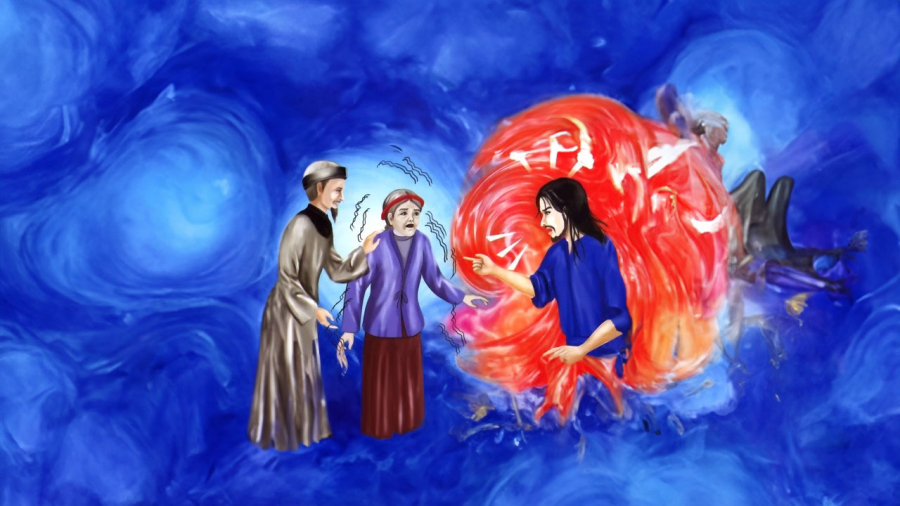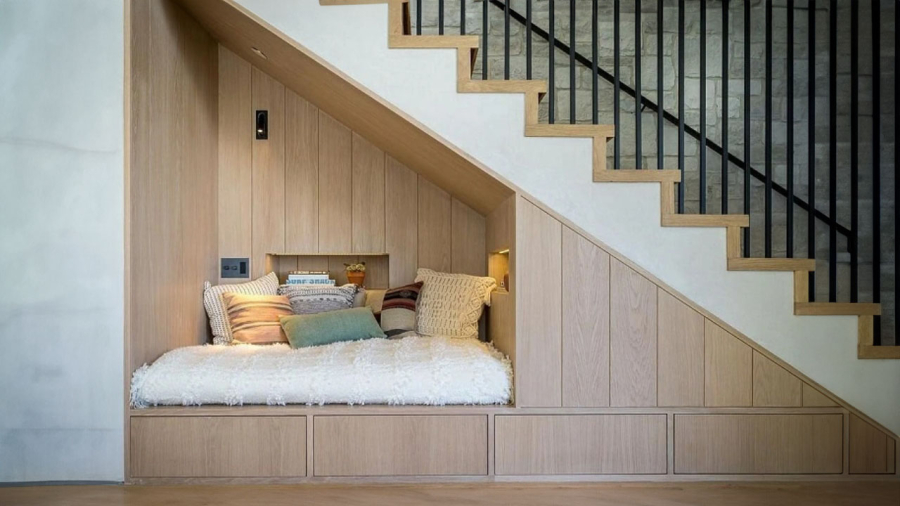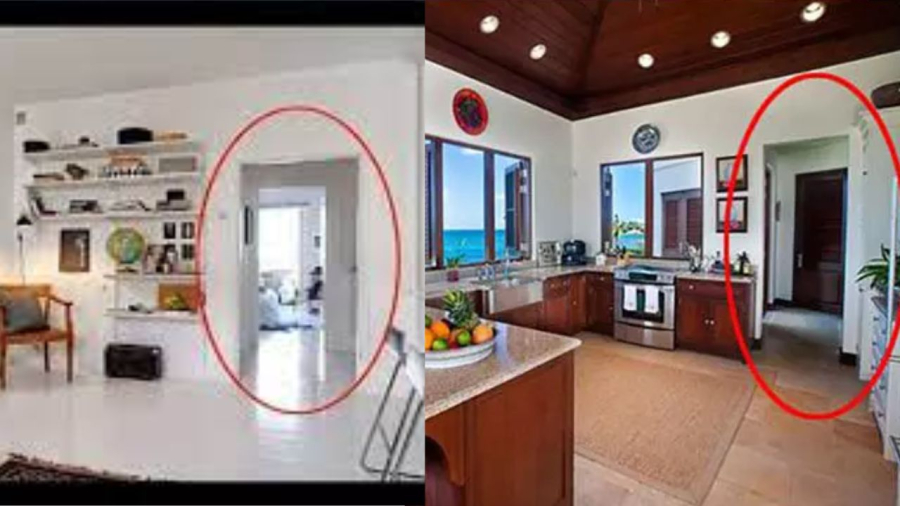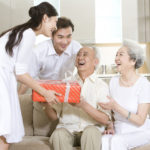In Eastern culture, filial piety is a noble and beautiful thing in one’s lifetime. Unfilial children will gradually destroy the value of the family, and fortune will leave from there. There are many reasons why children are unfilial, from the upbringing of parents, the cultivation of children, and the karma of many lifetimes… Among them, the improper feng shui of the house also creates bad energies that affect the relationship between parents and children.
Therefore, you should review these factors in the house and make any necessary adjustments. It is possible to transform the relationship between parents and children:

House positions that bring misfortune to parents
In the feng shui of a house, the northwest represents the father and the southwest represents the mother. If these two positions in the house are occupied by bathrooms, storage rooms, trash cans, places for animals, messy storage, it is considered inauspicious. This is because parents are being squeezed and not respected. This feng shui creates bad energies that make children disobedient, unfilial to their parents, rebellious, or argumentative without caring for or nurturing their parents.
Furthermore, in the house, children’s rooms should not be located in these two positions, as it will reverse their roles and make children disrespectful to their parents.
These two positions should be kept clean, so you should reconsider these positions in the house to maintain the roles of parents and the respect of children towards their parents.

Improperly arranged children’s rooms
A child’s room that is not properly arranged can also create pressure on the parents. Specifically, in a child’s bedroom, the northwest represents the father and the southwest represents the mother. If these two positions in the child’s room are occupied by trash cans or messy toys, it can make the child rebellious and chaotic. Therefore, these two positions should not have trash cans, cluttered items, or bathrooms. The child’s bedroom should also avoid being placed under the staircase or leaning on a bathroom, facing the entrance of a bathroom, as it can harm the child’s spirit, making the child easily irritable, chaotic, and intellectually deficient, which in turn leads to poor behavior towards both parents.
If you have multiple children, it is also advisable to limit bunk beds, as it will create pressure on the child, making them lose their calmness and easily become chaotic.

Building a house with a front door and a back door or facing windows
The front door of a house is very important because it attracts wealth and good fortune. But if the front door and the back door are in a straight line or facing each other, it brings in as much as it takes out. As a result, good fortune disperses and financial resources decrease, causing children to lack a common voice with their parents, argue with their parents, and lack the love and respect for their parents.
Therefore, if your house has this issue, you should resolve it by setting up a screen or closing the back door to avoid the decrease of wealth and good fortune, which can lead to family conflicts and gradual decline.
Designing a house with many partitions
A house with multiple partitions in its structure creates a sense of separation and creates gaps between parents and children. This causes parents and children to be distant, hindering communication, creating an unbalanced energy field, and making it difficult for parents and children to understand each other. This can lead to a cold and depressive mentality towards family members. Therefore, you should reconsider the arrangement of your house to create a closer space for parents and children.
2023 Lunar New Year Gift Ideas for Older Family and Friends
As 2021 approaches, families worldwide are gathering to celebrate the special bond between grandparents and their grandchildren. To show their love and admiration, these thoughtfully chosen gifts will bring a smile to the face of the elderly. Here, we have compiled a list of the 13 most meaningful Tet presents that can bring joy to our beloved grandparents.



































